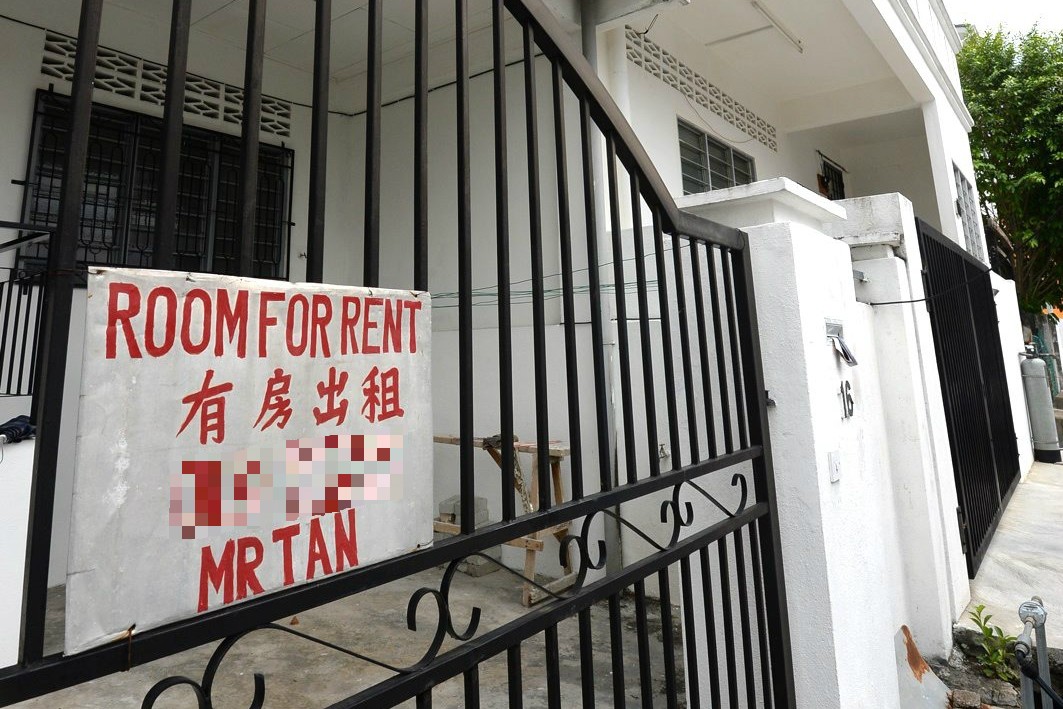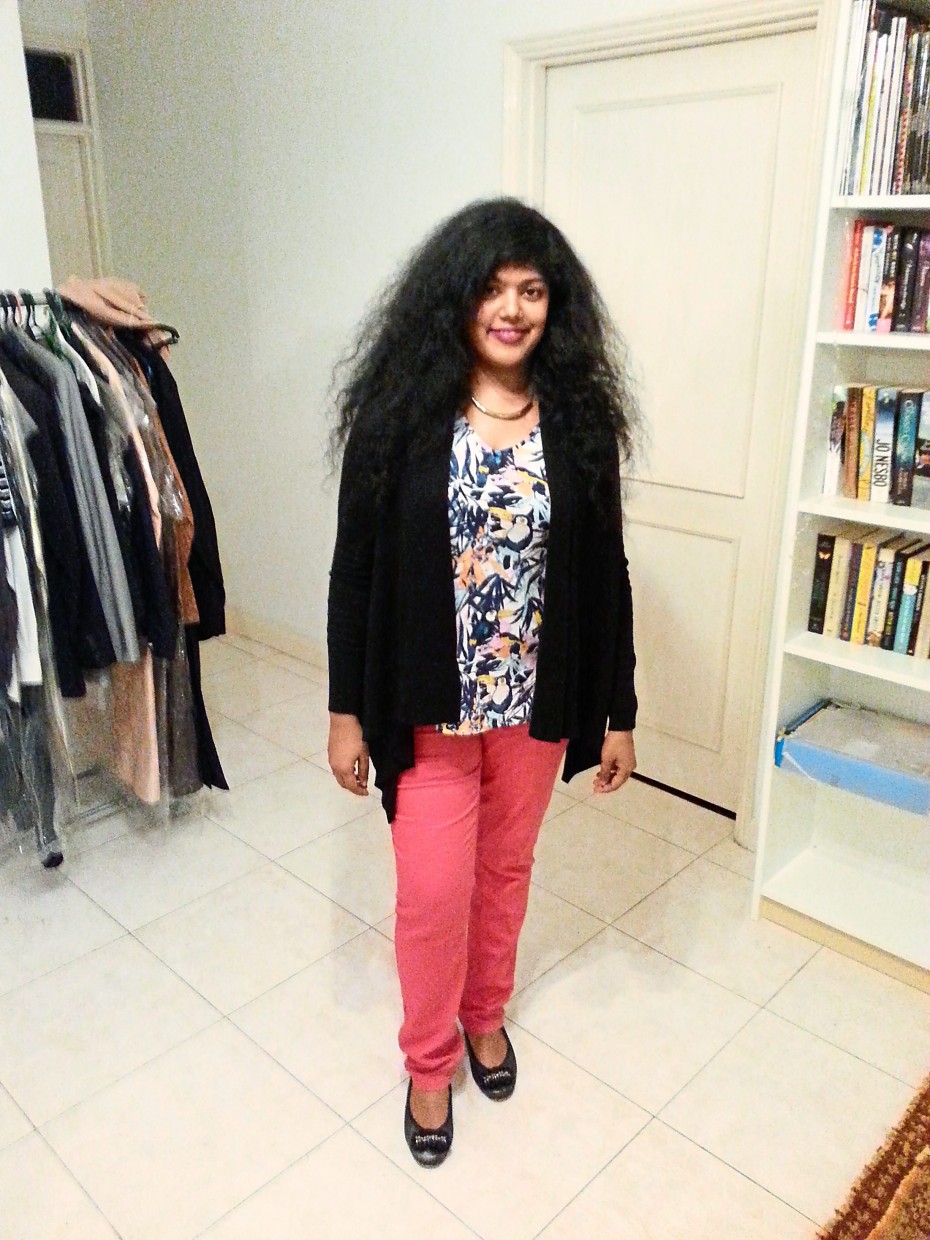TWO years ago, my husband and I set out to rent a house as newlyweds. We were both professionals who had been working for over a decade, but our calls were often met with the same rebuffal – “We’re only looking for tenants who are (of a specific race).”
Once, we went for an apartment-viewing only to have the agent nearly have a heart attack.
“You’re Indian? I thought you were Chinese!” he gasped as we walked in.
Needless to say, that apartment was rather magically “already rented out”.
So it wasn’t much of a surprise when we heard that college/university students were experiencing the same.
Nevertheless, I wanted to really understand what the students were going through, so I decided to go “undercover”.
For the past two weeks, I pretended to be a student and called up roughly 25 real estate agents and homeonwers who had put up room-for-rent ads.
I called both listings that stated specific racial preferences, as well as those that didn’t.
My experience validated everything the students had said.
For starters, many of the ads stated racial preferences right off the bat.
An online search for rooms-for-rent in a student area in KL showed that 16 of the 25 ads on the first page included a racial preference.
I also uncovered a few ads that outright barred people of certain religions or races. “No Muslims”, screamed an ad for a room in Bukit Jalil. I couldn’t reach the home owner despite several attempts.
As for the real estate agents, most of them were actually very apologetic about their clients’ discriminatory demands.
“I’m sorry, I welcome everyone, but my client has had bad experiences with other races, so he only wants to rent to Chinese students,” said one affable estate agent.
For them, it was all about finding the right person for the room, regardless of his/her race.
Most of the other agents echoed his sentiments, but couldn’t offer conclusive reasons why their clients would only rent to a particular race.
“I don’t know” was something we heard ad nauseum, along with “previous bad experiences”.
There was even a rather impolite agent who asked why I bothered calling at all when I was clearly not the right race.
Of the ads that had no specific racial preference, a few were purposefully misleading, and had clearly been intended for tenants of a particular race.
These calls were met with straight-out dismissal.
When questioned about why they hadn’t mentioned this outright on their ads, many simply said it was their clients’ prerogative.
Redemption and hope arrived in the form of several pleasant real estate agents and homeowners who didn’t once ask about race or religion.
For them, it was all about finding the right person for the room, regardless of his/her race.
One very kind agent said: “We don’t discriminate between the races. I just filter all potential tenants based on their background; that’s why I’m asking you so many questions.”
There was also the homeowner who wanted me to meet her daughter (she thought we’d get along) and another one who offered to make me tea if I came for a viewing!
While the overall experience was slightly disheartening, there were pockets of hope scattered amidst the open-minded homeowners who were willing to rent to all students, regardless of race or religion.
One homeowner who listed a specific racial preference, but actually changed her mind over the phone and said, “I’m okay with it, if you’re okay with it. At the end of the day, I just want someone who will keep the room clean.”
As for our own house-hunt two years ago, it ended after a long, laborious search.
Our current landlord, a Chinese man, was lovely from the get-go and impervious to the colour of our skin. We liked him, loved his place and it was one of those “happily ever afters” that fairytale rentals are made of.
So, yes, racial profiling in rental practices sucks. And it sucks just as bad, whether you’re a student or an adult, because how do you argue with someone who will not give you the benefit of the doubt?
However, as long as people like my landlord exist, hope will prevail.








Tell us what you think!